
It’s Time To Replace Unaccountable LGBTIQA+ Elites With Rainbow Democracy
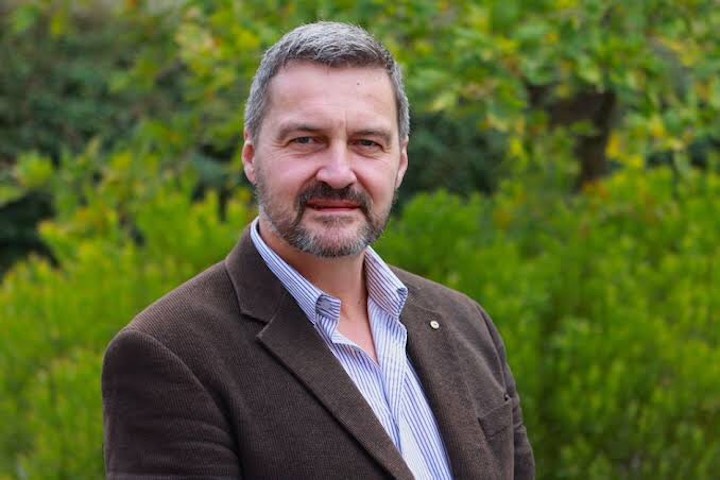
‘It’s Time To Replace Unaccountable LGBTIQA+ Elites With Rainbow Democracy’ is an opinion piece by Just.Equal Australia Vice President and LGBTQIA+ activist Rodney Croome.
Who decided to spend tens of millions of dollars on a Pride Centre in one of the nation’s most privileged LGBTIQA+ communities (St Kilda), rather than smaller pride hubs across regional Victoria where they are needed much more?
Who decided to spend millions on an LGBTIQA+ history museum in central Sydney rather than on dozens of worthy queer history projects across the continent?
Who decided to spend millions on an LGBTIQA+ health “action” plan with hardly any actions, as well as more research when we know what the problems are, rather than provide ongoing, core funding for desperately needed, front-line LGBTIQA+ health services?
I have worked on LGBTIQA+ human rights for 35 years and I honestly can’t tell you who made any of these decisions.
I assume from unhappy experience that in each case it was one or two well-placed inner-city advocates and a couple of their government mates: the former gaining political points, the latter, inner city votes.
What I do know for sure is that each decision created resentment in chronically underfunded LGBTIQA+ regional communities, support services and history projects.
Growing inequality in the community
As acceptance of the LGBTIQA+ community grows so do the resources available to address the poisonous legacy of centuries of discrimination and stigma.
But our elitist and unaccountable way of distributing those resources has not changed.
When the resources available to us were minuscule, it didn’t matter that a handful of advocates and politicians decided who those resources went to.
But today that style is not only outdated, it’s dangerous because it concentrates immense power and influence in the hands of a tiny number of people.
At the same time as LGBTIQA+ people have become more equal in the eyes of the law and the broader community, inequality of power and influence within our own community is growing.
The temptations of power
I am the first to admit that no-one has ever voted for me or most of the people I’ve worked with.
We have been involved in small, LGBTIQA+ activist groups that formed around particular issues.
I know the value of such groups, especially when it comes to pioneering reforms no-one else is interested in.
But occasionally small groups I have been involved with, such as the marriage equality campaign, suddenly found themselves with unexpected influence and resources.
I have witnessed the temptations sudden influence brings, as well as the rationales for not sharing that influence.
Small groups of advocates tell themselves they are more agile and have more expertise.
They believe they are the ones who really know or care about what should be done.
If the small groups concerned are intimately connected to the LGBTIQA+ community that connection can keep them on track, even when money and influence come knocking.
But the sad reality is that it’s too easy for them to be co-opted and compromised in the absence of formal community accountability.
It’s too easy for them to settle for second-best, to go quiet on controversial issues, or to throw regional and outer urban communities, as well as bi, trans and ACE folks, under the bus.
Modelling rainbow democracy and democratic process
I left the marriage equality campaign when a tiny number of corporate CEOs took over in 2016 and it became almost entirely divorced from its community roots.
As a result, the campaign resigned itself to a plebiscite, championed discriminatory marriage legislation, and abandoned trans people and some regional areas.
Along with other community-based refugees from the marriage campaign, I helped create Just.Equal Australia.
Our emphasis has been on surveying the LGBTIQA+ community so that we know what its priorities are, including whether it accepts the skewed and compromised decisions the queer powers-that-be too-often either foist on us or resign themselves to.
But more is needed if everyday LGBTIQA+ people are to exert authority over their leaders, advocates and lobbyists.
Rainbow democracy means encouraging LGBTIQA+ people to expect a say over their future and to equip them with the skills to obtain and exercise influence.
It means creating new institutions and norms that allow them to hold those who speak for them to account and to ensure resources go to who needs them most.
It means advocates engaging face-to-face with everyday LGBTIQA+ people, not treating them as customers on a database to be spammed with fundraising emails.
It means creating a new generation of leaders whose mandate is from the LGBTIQA+ community, not from their governmental or philanthropic funders.
It means returning to a style of advocacy that represents the LGBTIQA+ community to politicians instead of managing the LGBTIQA+ community on behalf of politicians.
It means putting into practice the fundamental democratic principle that those affected by a decision should have a role in making it.
At a time when LGBTIQA+ people suffer increased attacks from authoritarian regimes around the world, LGBTIQA+ Australians should model democratic practice.
Let’s start by fostering democratic accountability in our own community.



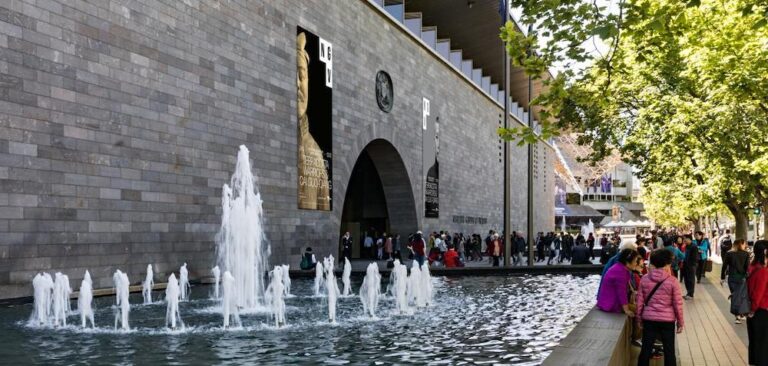
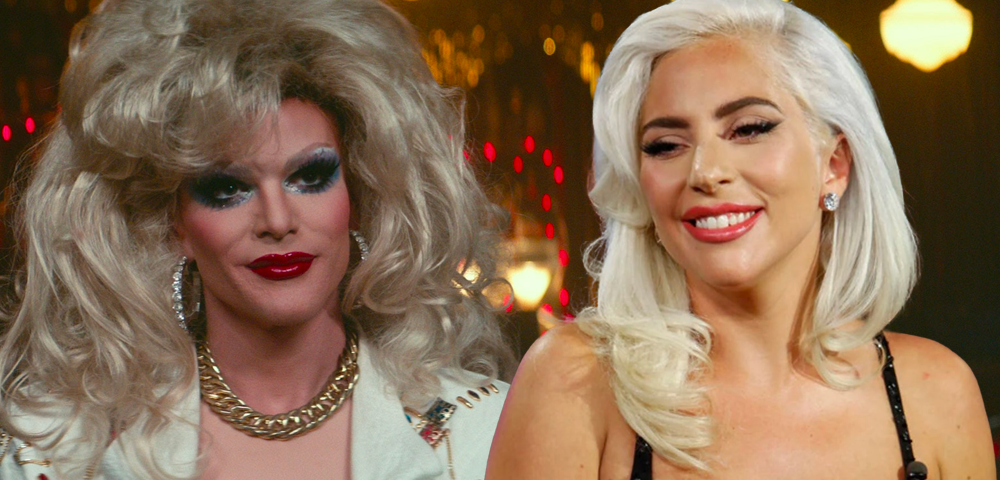
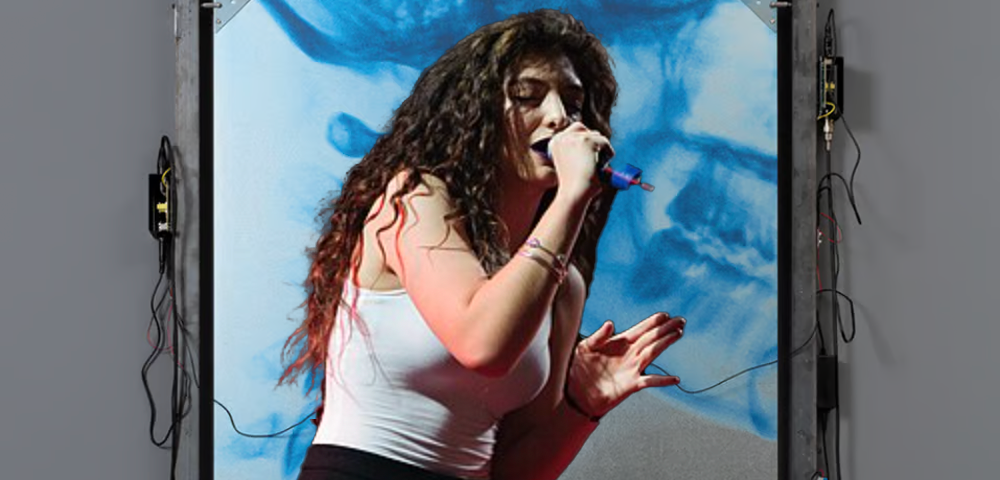
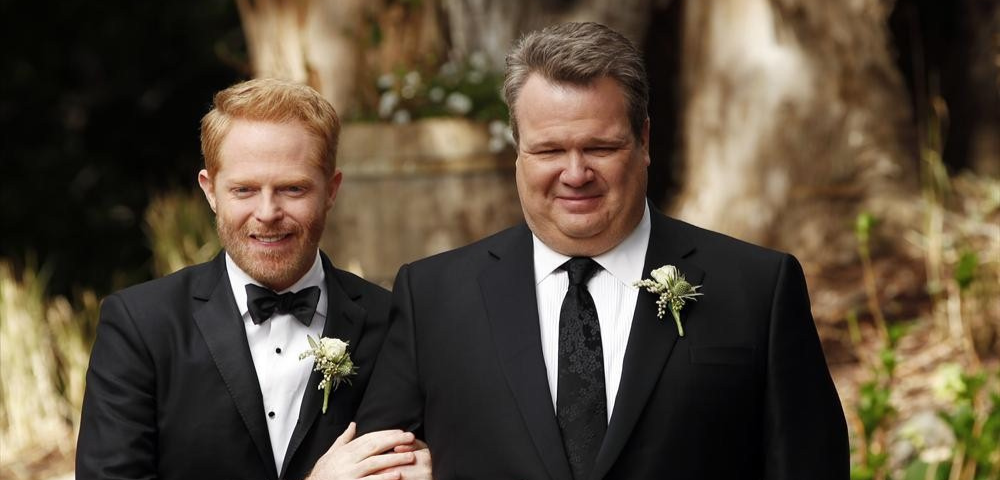
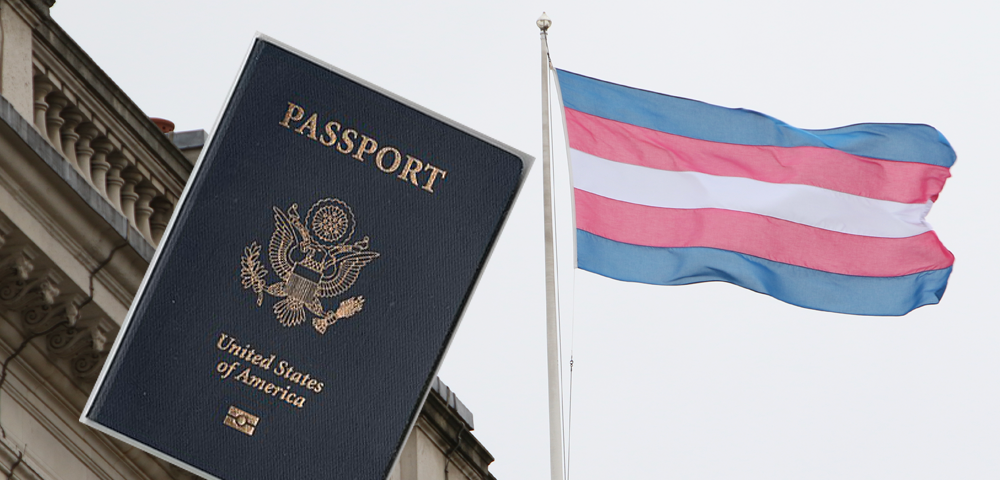
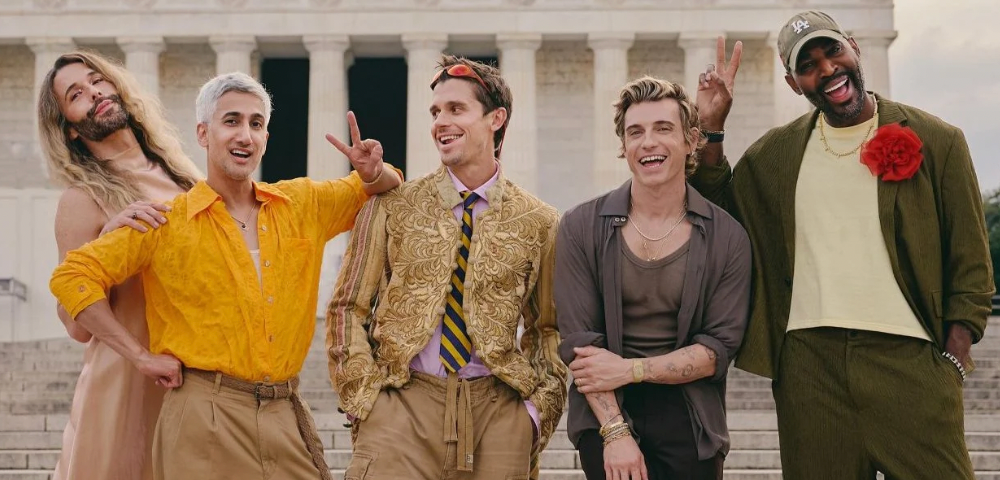
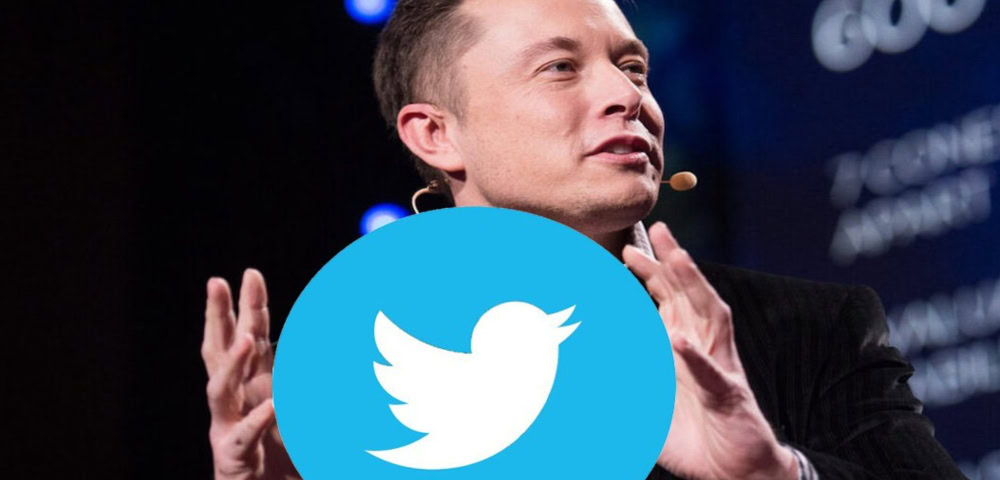
Agree or not with Rodney, and I tend to agree with him, he raises valid points that need discussing. Challenging points of view are good to hear. Debates are positive. We should never uncritically accept the status quo and should always strive to make our community organisations more accessible, democratic, transparent and accountable. Dissent is healthy in a democracy. Rodney has spoken in a calm, polite and intelligent way. BRAVO!
I’m a 58 year old Gay HIV Poz elder and you’re just wrong about Rodney . He has been an advocate for the LGBTQ + community since the mid eighties when a lot of us were dealing with the results of decriminalisation of homosexuality and the rise and impact of HIV on our community .
Activism was essential part of coming out and being included in the mainstream community .
Those of us who stepped in at the time were motivated like Rodney that there was a great need for positive change and the establishment of better governance and laws and policy development and implementation by both state and federal governments, which as grass roots groups we held conferences , staged marches and worked alongside willing politicians and parties to develop better outcomes for future LGBTQ + Australians , so yeah thanks for that all those individuals who stood up and did something to benefit us all , especially whose not alive to talk about their advocacy or activist work .
Rodney to me has always been a shining light , an example to follow and deserves respect and our gratitude as do the countless others who never get a mention .
Thankyou Rodney for making the case for community transparency and democratic inclusion so eloquently.
Our LGBTIQA + community is incredibly diverse, and expect our broader Australian society and body politic to be inclusive and transparent where our lives and our issues of importance are concerned.
However, when it comes to internal LGBTIQA + community inclusion, democracy and democracy and inclusion, there seem to be some who don’t believe these things should apply to ourselves, equally.
Your article expresses the feelings of many in our communities, and you are an important advocate and voice for us all. Thank you!
Thanks for making my point about the dangers of elitism so compellingly. “LGBTIQ+ business minds” should not be making all the decisions about major infrastructure spends because they will be tempted to make decisions that benefit them. Everyone who will be impacted by these big decisions, whether they are “random” LGBTIQ+ people on Oxford and Smith sts, or in Busselton, Townsville and Launceston, should be involved too. Regarding who’s money it is, obviously it’s government money. The issue is who advises government on how to spend it. Regarding me, I don’t care about aspersions, I only care that people discuss the issue.
Terrible article. Blatant self-promotion dressed up as virtue signalling.
The LGBTIQ+ community didn’t directly fund the Victorian Pride Centre or the Sydney Qtopia museum. Progressive governments at all levels came together to make those things happen.
LGBTIQ+ business minds came together to help government decide the details including their viability and they helped inform the government decisions. They have more information on how to make these new organisation a success than a random gay Oxford St, or a random non-binary person on Smith St Collingwood.